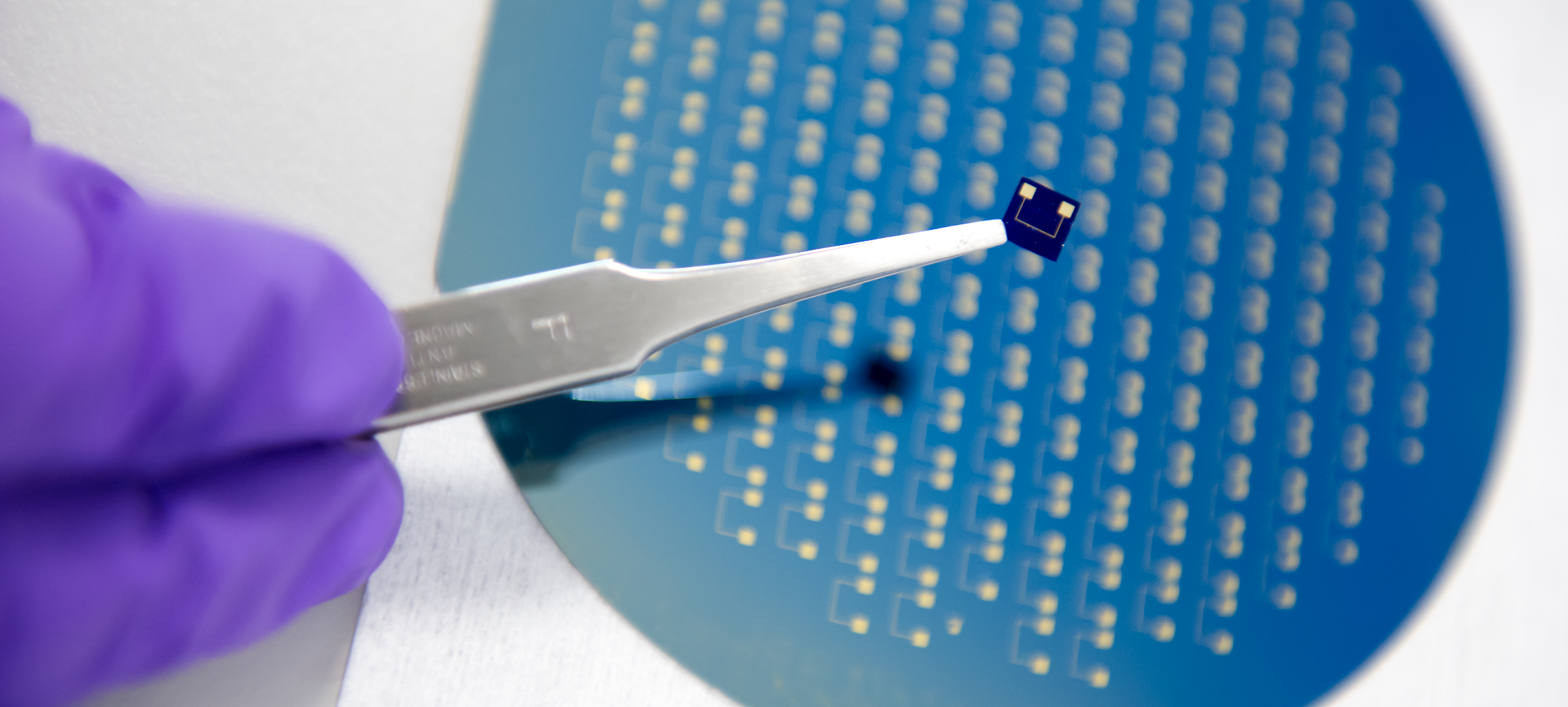Microfabrication & prototyping
Microfabrication & prototyping
Microscale platforms including lab-on-chip, organ-on-chip and tumour-on-chip devices provide superior physiological environments for studying cancer biology and developing therapies. The CRUK Microfabrication & Prototyping Facility offers microfabrication techniques that have been used effectively in the areas of organoids, organ-on-chip devices and interfacing with animal models.

The facility offers its microfabrication and prototyping services in two packages, which differ based on whether the customer requires fabrication of PDMS microchips. The fabrication process of the required SU-8 devices/micro-mold and consequently the PDMS microchips will define the scope of the selected package. Hence, the cost and timeline of the requested package is dependent upon the nature of the project.
By fabricating Lab on chip devices using SU 8 photoresist Microfabrication techniques to fabricate micro mold for printing PDMS based microchips.
The facility will provide training for researchers undertaking device fabrication for the first time. Access to the facility will be on a competitive basis with requests for project proposals made throughout the year with timings dependent on capacity. As with all Convergence Science Centre funding, proposals must be from cross-institution collaborative teams and use engineering/physical sciences expertise to address research or clinical questions in cancer.

For enquiries, please contact Shahrzad Forouzanfar (s.forouzanfar@imperial.ac.uk).
You can also submit a short project proposal to icr-imperial-convergence.centre@imperial.ac.uk.